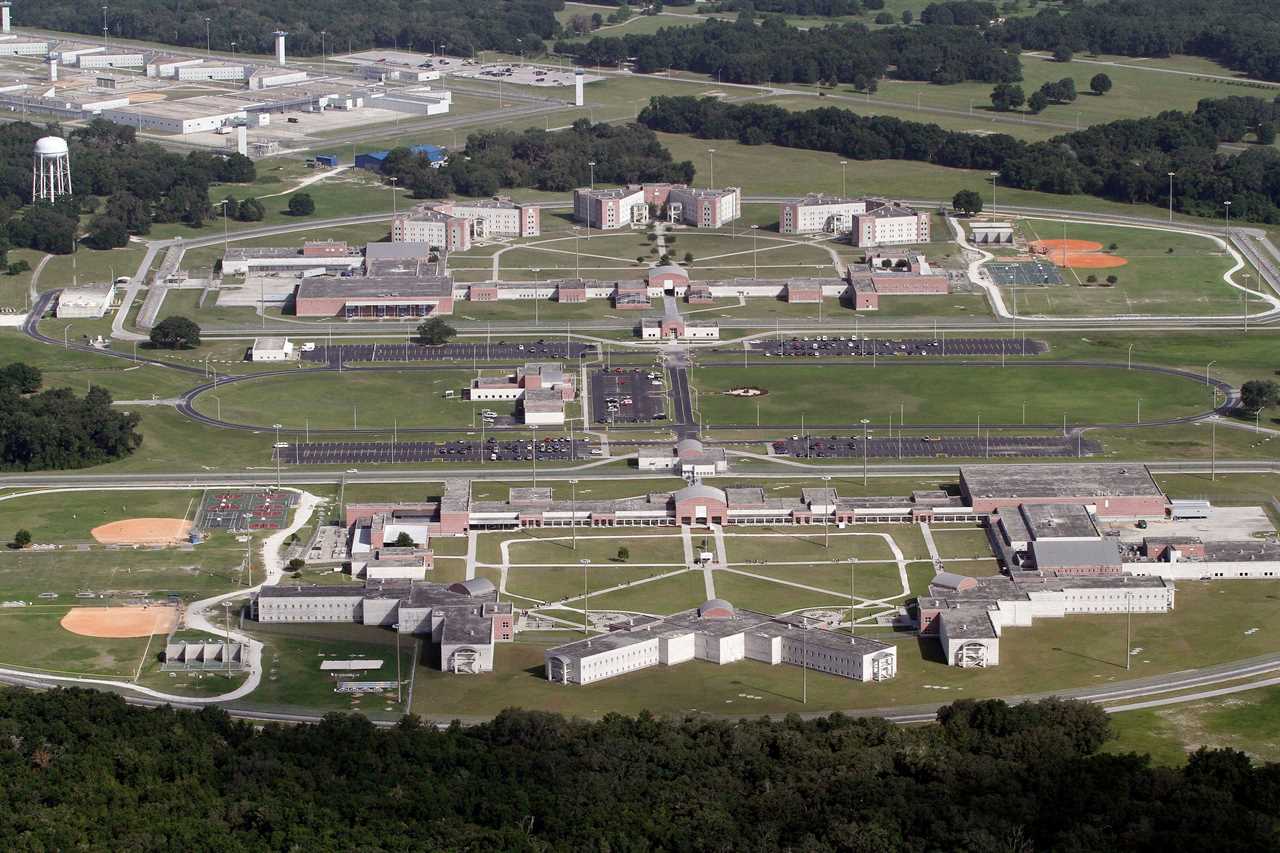
The news that the federal Bureau of Prisons had locked down all 122 of its prisons in response to a gang fight at an institution in Texas last month received coverage by media across the country. And it should have. After all, it means that more than 150,000 individuals are being subjected to a form of solitary confinement for a fight that took place in another state.
For the uninitiated, a lockdown means everyone in a unit or an entire prison is restricted to their cells for 22 to 24 hours a day, without access to education, recreation, or communication with family. The mental health consequences are well documented.
But what isn’t being reported is that lockdowns—sometimes for weeks at a time—have been pervasive throughout the federal prison system for a long time. I know, because the federal prison system has been my “home” for 26 years now.
While the federal prison system doesn’t disclose the length and frequency of lockdowns within its facilities, little-read reports compiled by the District of Columbia’s Corrections Information Council document my personal experience: The Bureau has been relying on lockdowns to “handle” everything from disputes between a couple of residents to its chronic staff shortages since at least 2018.
Since the District doesn’t have its own prison, D.C. residents like myself are incarcerated in federal institutions. In an effort to establish some accountability for our treatment, Congress established the CIC in 1997 to “inspect, monitor, and report on the conditions of confinement at facilities where D.C. residents are incarcerated.” A review of the CIC’s reports based on interviews with District men and women behind federal bars makes the pattern clear. A case in point: In 2019, the CIC visited the U.S. penitentiaries in Pollock, Louisiana; Pennington Gap, Virginia; and Inez, Kentucky, and found in all three instances that, “by far the most common concern … was the frequency of lockdowns and their impact on visitation, programming and religious practice.” At the Pollock prison, for example, 16 lockdowns were reported in a 12-month period.
In most cases, the CIC found that the lockdowns weren’t due to widespread misbehavior among the incarcerated residents. Instead, as it noted in its Atwater report, “many were in response to fights between small numbers of people, as opposed to facility-wide incidents.” In other words, everyone is repeatedly punished for the actions of a few.
I just experienced this in my prison in Coleman, Florida. Two men got into a fight over who got to use the five phones available for the 120 people in my unit, resulting in one losing his eye and another being flown out to a hospital. That’s how desperate we get to talk to our loved ones. The result: The entire prison was locked down for three weeks, making the anger and frustration that caused the fight in the first place even worse. (The prison administration knew one of the phones was broken, upending our usual order. If it had planned ahead by allowing more phone time, letting fewer people out of their cells at one time, or creating opportunities for us to engage in other activities like exercise outside or educational programs, the fight could have been avoided.)
Meanwhile, all those days and weeks locked down not only result in frayed family ties; they also mean no education. I’ve seen people take three years to complete what should be a 12-month rehabilitation program because of frequent halts.
The real issue isn’t prisoner misbehavior. It’s a culture within the Bureau of Prisons that views its main function as warehousing, and sees its residents as adversaries—animals even—who must be locked away when they get too restive after weeks and months of forced inactivity.
In the wake of the retirement of the current director of the Bureau, Michael Carvajal, the Biden administration has an opportunity to take the first step to change that culture. Carvajal began his career as a commanding officer in a federal prison, then worked his way up. He is steeped in the warehouse mindset. As Dick Durbin, chair of the Senate Judiciary Committee, wrote when news of Carvajal’s retirement broke, “His resignation is an opportunity for new, reform-minded leadership at the Bureau of Prisons.”
I couldn’t agree more. Perpetual lockdowns are counterproductive. It’s time for a change in culture—to one that is serious about rehabilitation—as well as a change in leadership.
----------------------------------------
By: Robert Barton
Title: Frequent Prison Lockdowns Backfire. I Know From Experience.
Sourced From: www.politico.com/news/agenda/2022/02/10/frequent-prison-lockdowns-backfire-00007797
Published Date: Thu, 10 Feb 2022 14:37:34 EST






